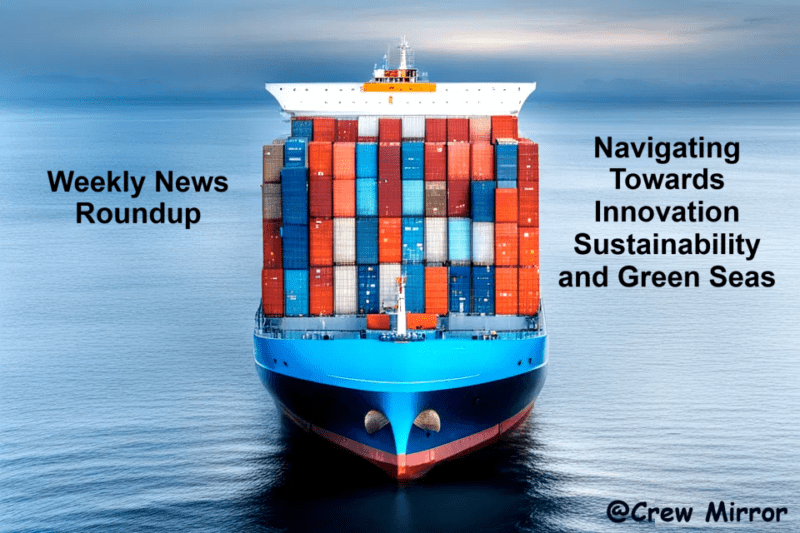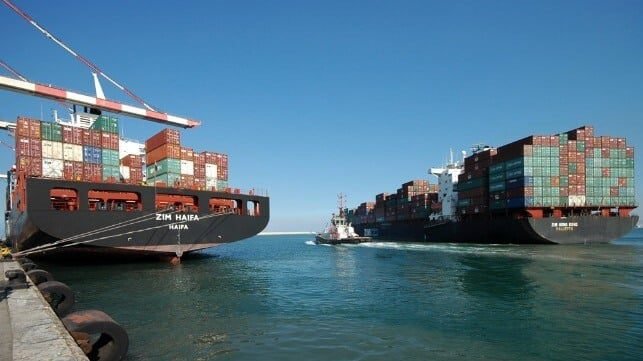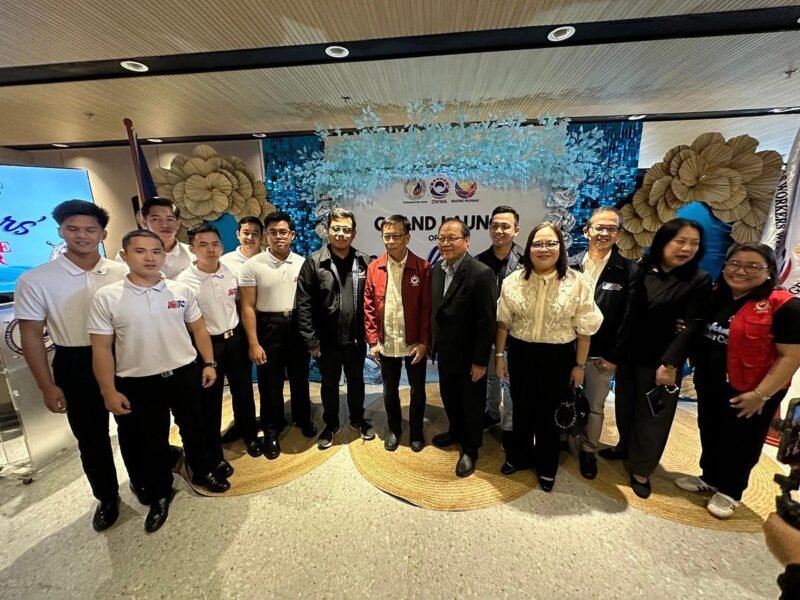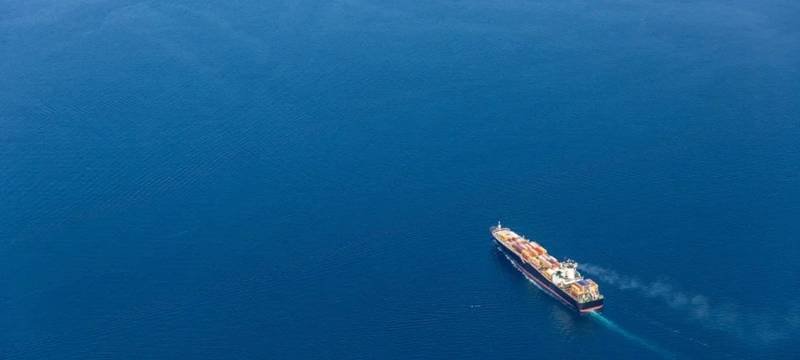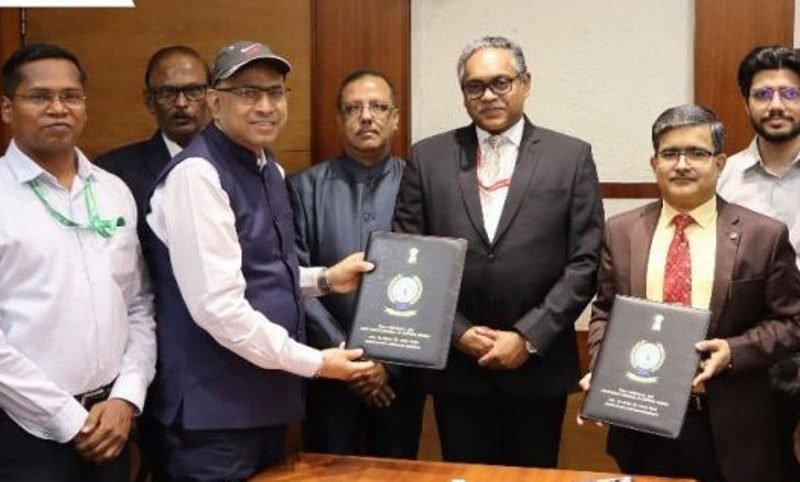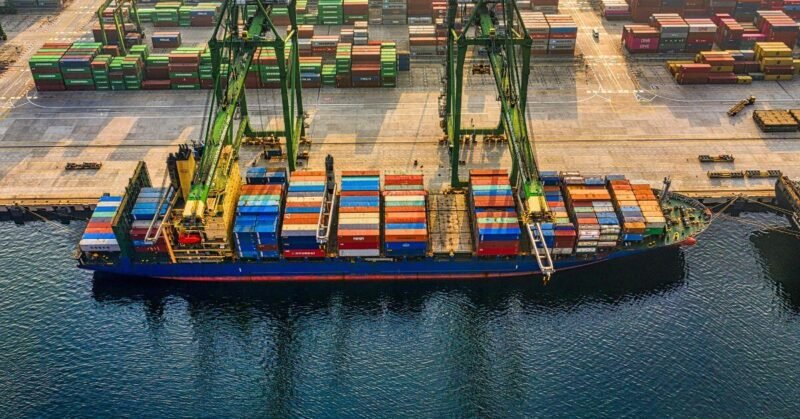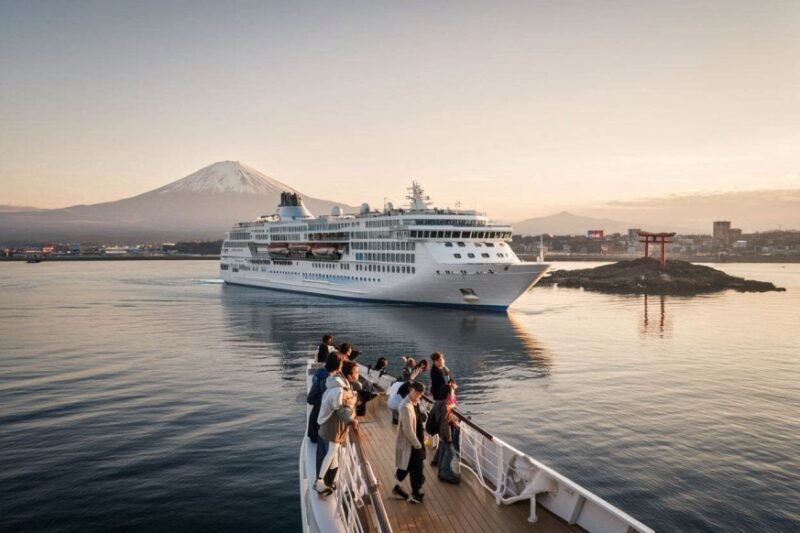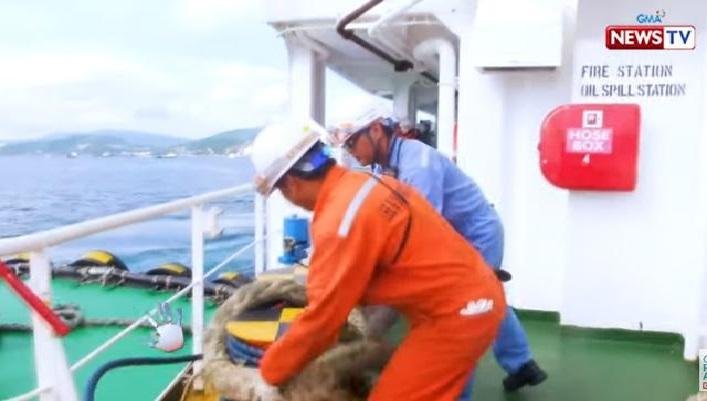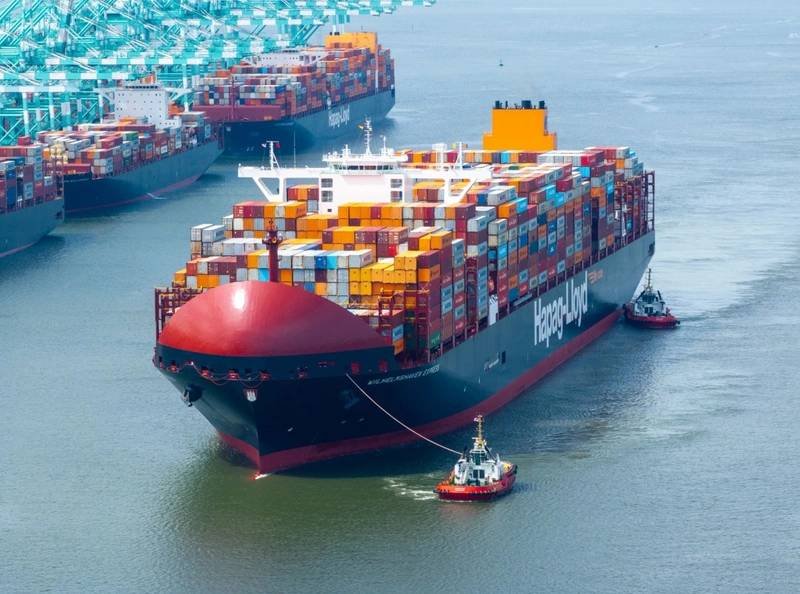The week of 21-27 October 2024 has been pivotal for the maritime sector, showcasing advancements in sustainability, technological innovations, and regulatory developments. Key highlights include a groundbreaking collaboration in India for green tugboat design, a significant increase in waterway cargo transport, and the introduction of underwater exploration projects. Alongside these advancements, notable concerns regarding seafarers’ welfare and compliance with environmental regulations emphasize the need for ongoing improvements and robust strategies in the maritime industry.
Indian Maritime Sector
Collaboration to Advance Green Tugboat Design and Construction in India
The Indian Register of Shipping (IRS) and SeaTech Solutions International have signed an MoU to approve designs for green tugs and harbour craft.
Read More
India’s Waterway Cargo Transport Grows Six-fold in 10 Years
In the last decade, cargo transportation via waterways has seen a significant sixfold increase, reaching 132.9 million tonnes in FY24. With ambitious government targets to transport 200 million tonnes by FY30 and 500 million tonnes by FY2047…
Read More
India’s Kerala Maritime Board Launches ROV Project for Underwater Exploration in 2025
The Kerala Maritime Board plans to introduce ROVs for underwater exploration via a PPP model with Hie Capital Technologies. The project aims to use ROVs for various tasks like marine wreck exploration and oil exploration.
Read More
Seafarers Work and Welfare
Filipino Crew from Houthi-Hit Ship Safely Repatriated to Manila
The last batch of Filipino crew members from the M/V Minoan Courage, attacked by Houthi rebels, safely landed at NAIA Terminal 3. The crew will receive necessary support and evaluations.
Read More
One Third of Seafarers Experience Seasickness in Rough Waters
New research reveals that over one-third of seafarers suffer from seasickness, impacting their lives. Symptoms include nausea, vomiting, and fatigue, which underscores the need for solutions.
Read More
Maritime Markets
Hapag-Lloyd Raises Earnings Outlook Amid Strong Demand and Higher Freight Rates
Hapag-Lloyd, an international shipping company, has raised its full-year earnings guidance due to robust demand and increased freight rates. Despite challenges like vessel rerouting and geopolitical issues, the company now expects EBITDA for 2024…
Read More
Modest 2% Growth Predicted in World Maritime Transport for 2024
Global trade by sea is expected to grow by 2.4% in 2023, reaching 12.29 billion tons. The demand for bulk raw materials and containerized goods is driving this growth.
Read More
Environment Protection
European Commission Allocates €4.8 Billion to Net Zero Projects in Maritime Sector
The European Commission has allocated €4.8 billion from emissions trading revenue to support new net zero projects, with a focus on the maritime industry.
Read More
Right Whale Population Shows Hopeful Increase Amid Ongoing Conservation Challenges
The North Atlantic right whale, a rare species, has seen a slight increase in population, giving hope to conservationists. Efforts are needed to ensure their recovery and long-term survival.
Read More
Maritime Technologies
Woodward Showcases Innovative Fuel Injection Systems for Low-Carbon Transition at SMM Hamburg
Woodward is showcasing its range of injection systems for P2X fuels like methanol and ammonia at SMM in Hamburg.
Read More
MAN Launches AmmoniaMot 2 to Revolutionize Sustainable Marine Fuel Technology
MAN Energy Solutions is at the forefront of sustainable technology development with its ‘AmmoniaMot 2’ project, creating a dual-fuel test engine running on ammonia.
Read More
Maritime Industry Prepares for Ammonia as Marine Fuel with Safety, Training, and Adoption Standards
The maritime industry is gearing up for the use of ammonia as a marine fuel by 2025-2026. While it offers environmental benefits, safety concerns arise due to its toxic nature.
Read More
Maritime Innovations
Soft Sails Technology Introduced for Wind-Assisted Bulk Carriers
Orix Corporation and Sumitomo Heavy Industries collaborate to explore using soft sails for wind-assisted propulsion on bulker ships, marking a shift in traditional methods.
Read More
Innovative Gate Rudder Design Enhances Vessel Performance and Efficiency in Varied Conditions
A study highlights the benefits of gate rudder design over traditional rudders, showing improved fuel efficiency and maneuverability for vessels in varied conditions.
Read More
Maritime Regulations
Paris MoU Highlights Urgent Fire Safety Compliance Issues Following Recent Inspections
The Paris MoU has raised concerns about fire safety, specifically fire doors, due to high non-compliance rates in recent inspection campaigns. While overall compliance was satisfactory, issues with fire door condition and fire drills were highlighted.
Read More
IMO to Regulate Black Carbon Emissions in Arctic Shipping
The IMO MEPC 82 discusses regulating black carbon emissions from shipping. The transition to “polar fuels” and use of technology can reduce emissions significantly. New ECAs in the Canadian Arctic and Norwegian Sea aim to reduce pollutants.
Read More
Urgent Need for Maritime Industry to Comply with EU’s CSRD
Tunley Environmental raises concerns about the challenges of the EU’s Corporate Sustainability Reporting Directive (CSRD) for the maritime industry. CEO Will Beer stresses the need for compliance to avoid penalties.
Read More
Conclusion
As the maritime industry evolves with new technologies and sustainability initiatives, the challenges of seafarer welfare and regulatory compliance remain pressing issues. The week’s developments highlight a promising pathway toward greener practices and innovation. However, concerted efforts are essential to address the welfare of seafarers and ensure adherence to evolving regulations, paving the way for a more resilient and sustainable maritime future.
Share it now


